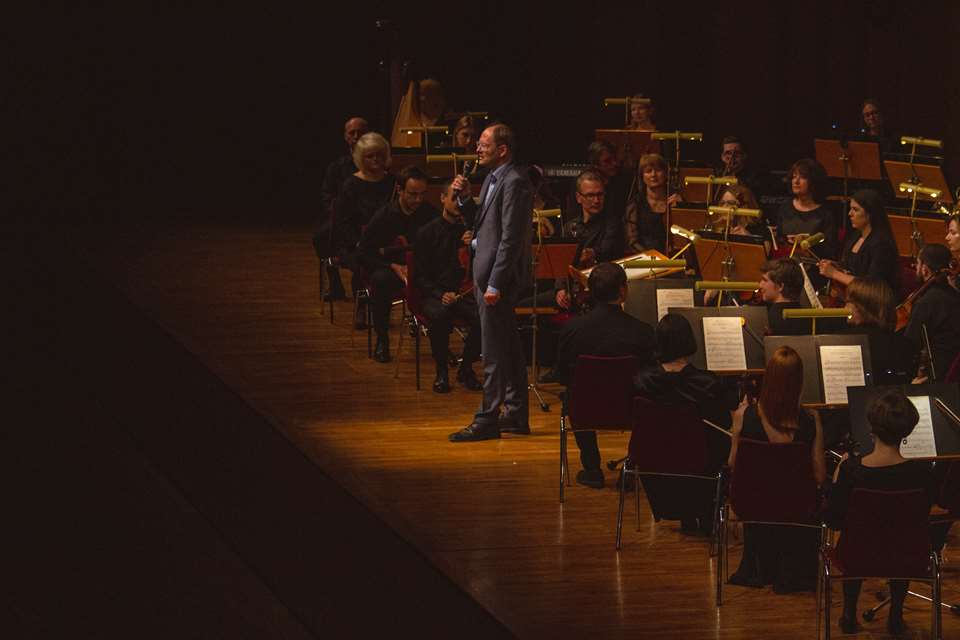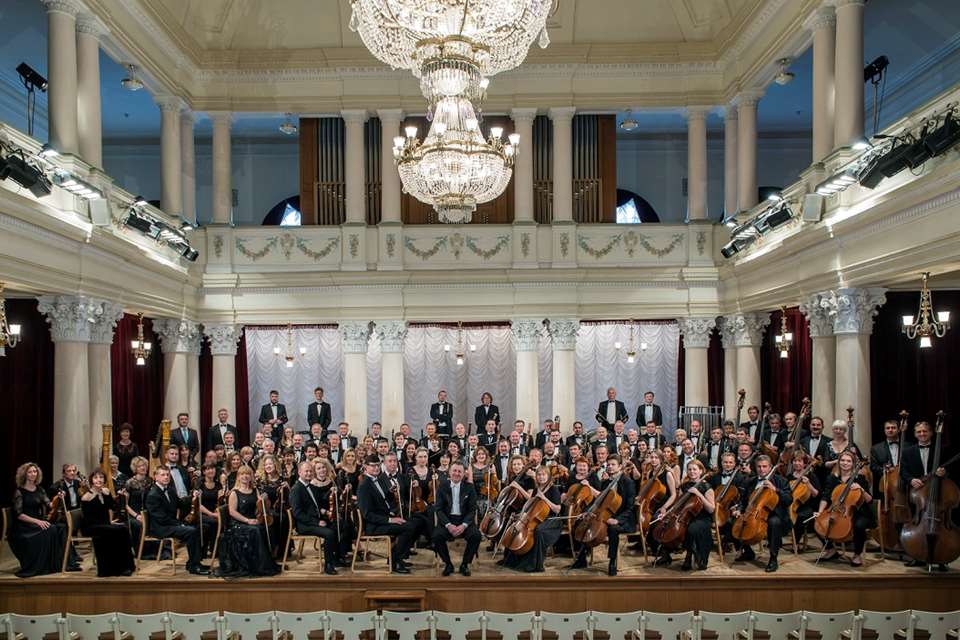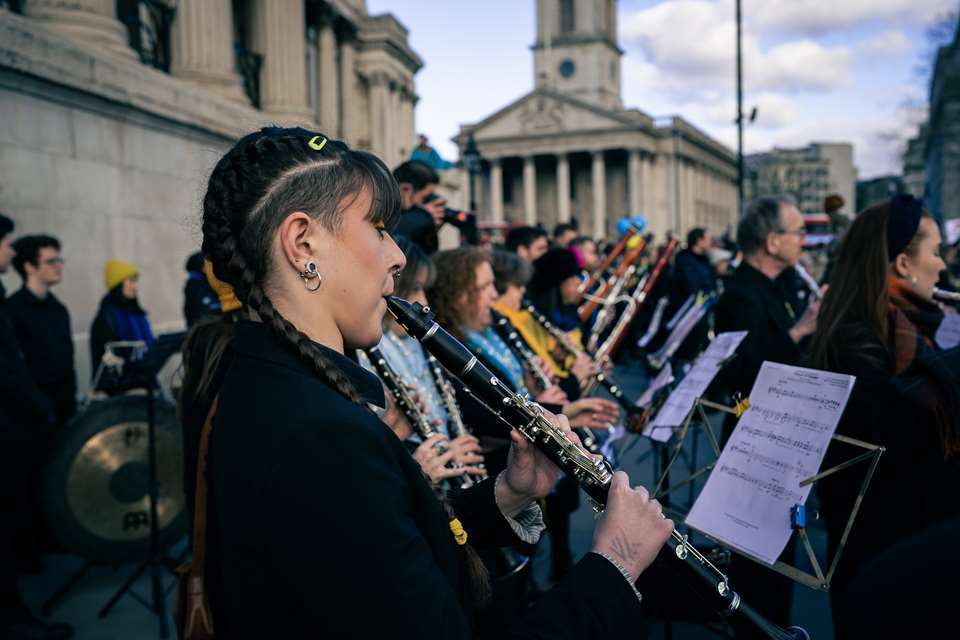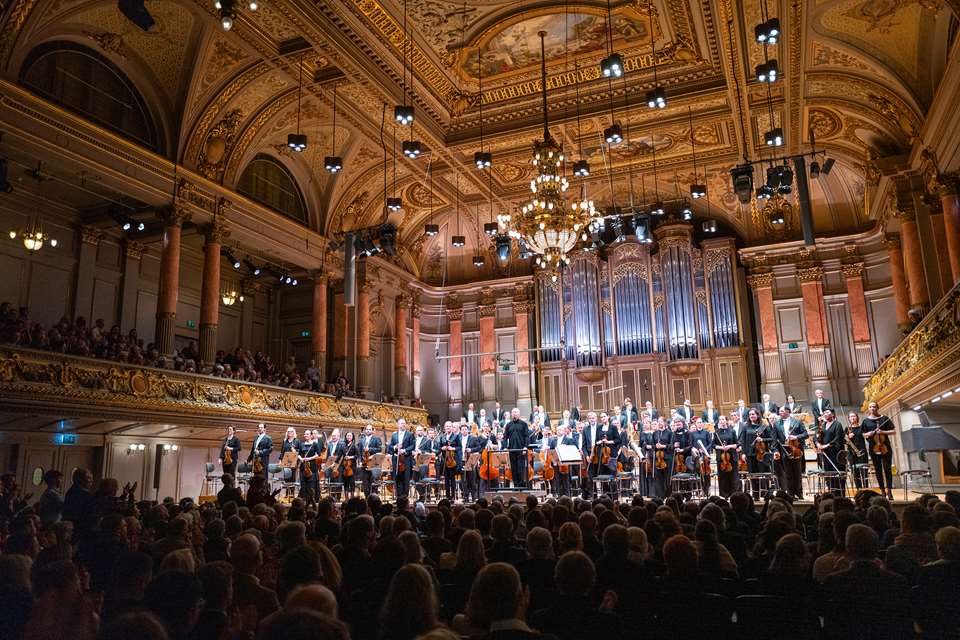Odessa Classics: A festival in exile
Simon Mundy
Monday, March 25, 2024
With conflict preventing the festival from taking place in its native Ukraine, Odessa Classics is instead touring around Europe this summer. Simon Mundy talks to founder and president Alexey Botvinov about how a decision bourne out of necessity is helping the festival maintain awareness of the plight of its homeland
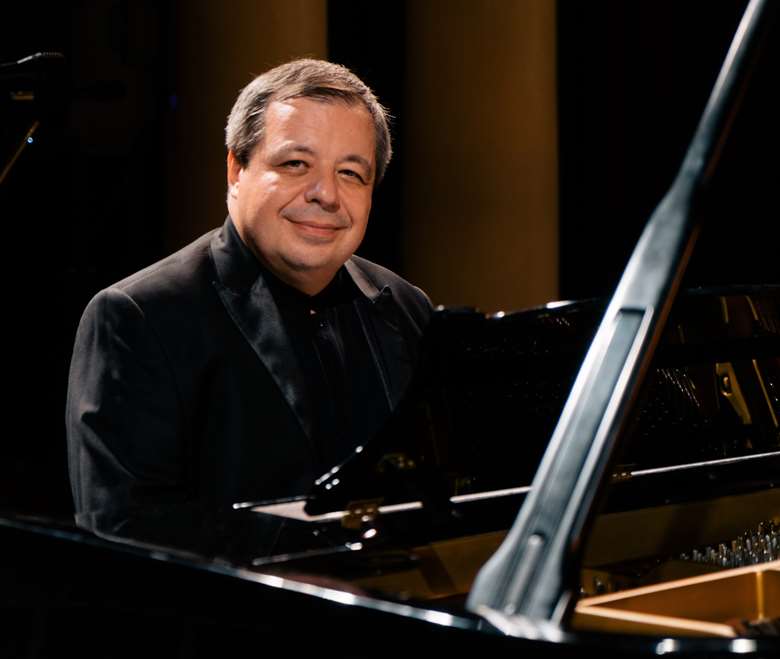

Register now to continue reading
Don’t miss out on our dedicated coverage of the classical music world. Register today to enjoy the following benefits:
- Unlimited access to news pages
- Free weekly email newsletter
- Free access to two subscriber-only articles per month
